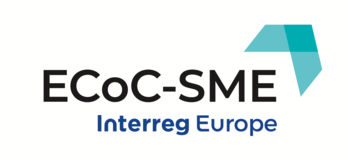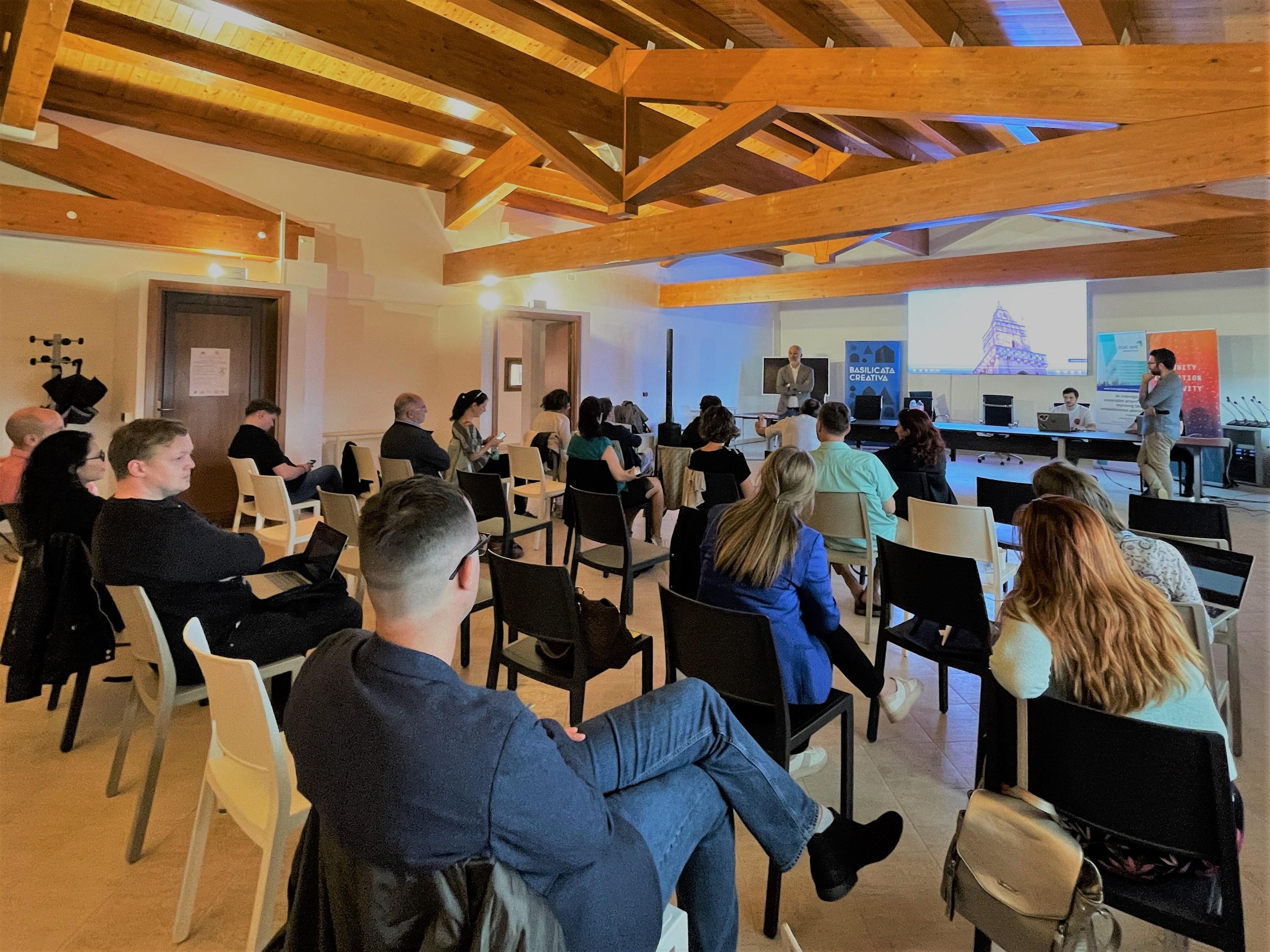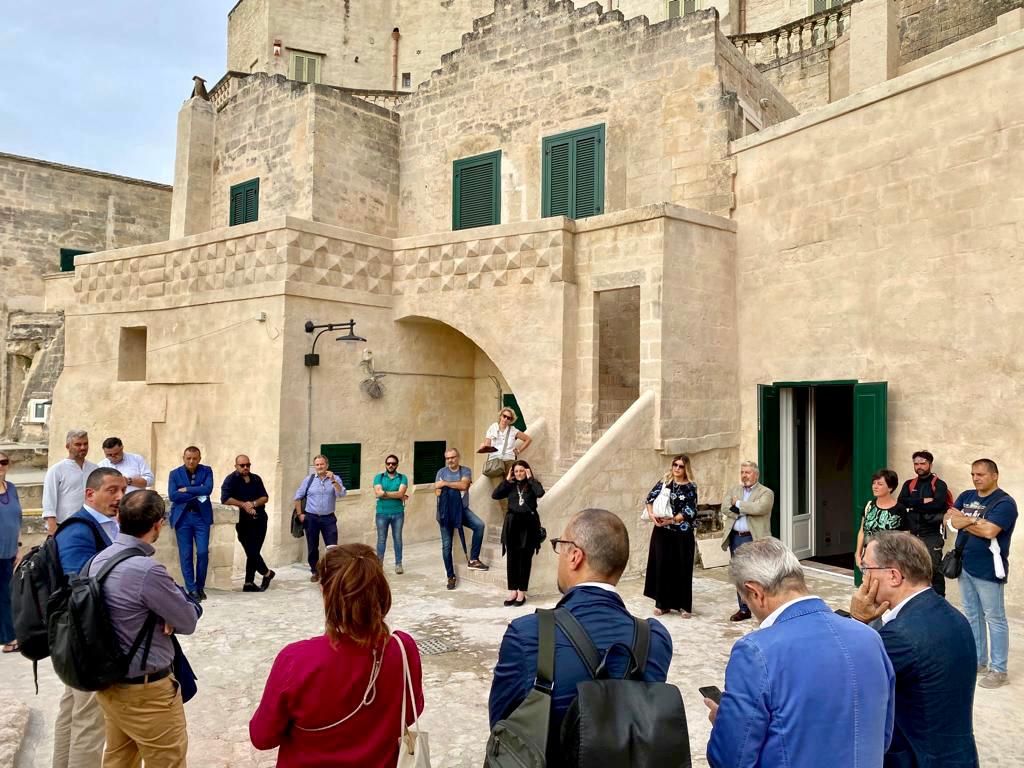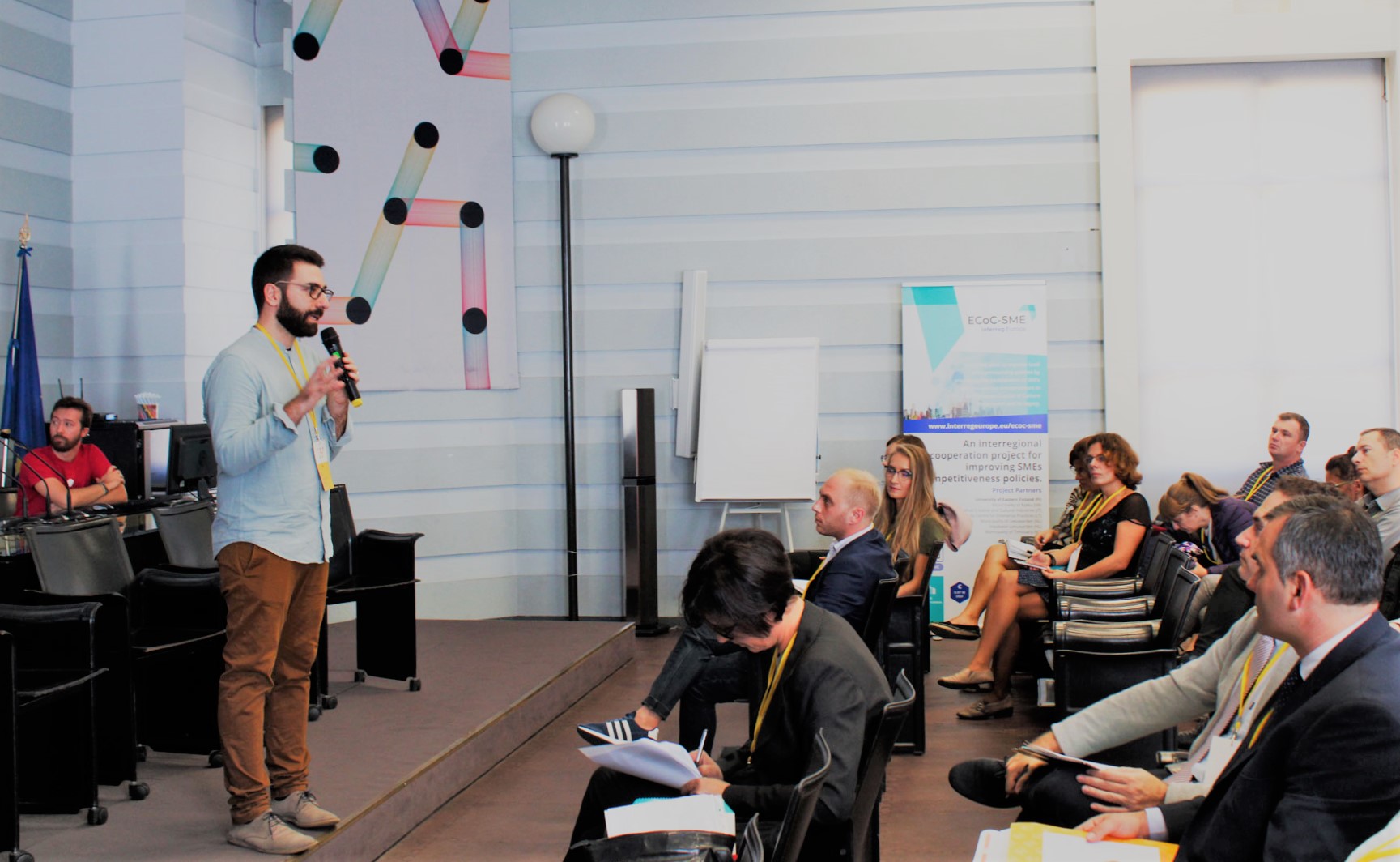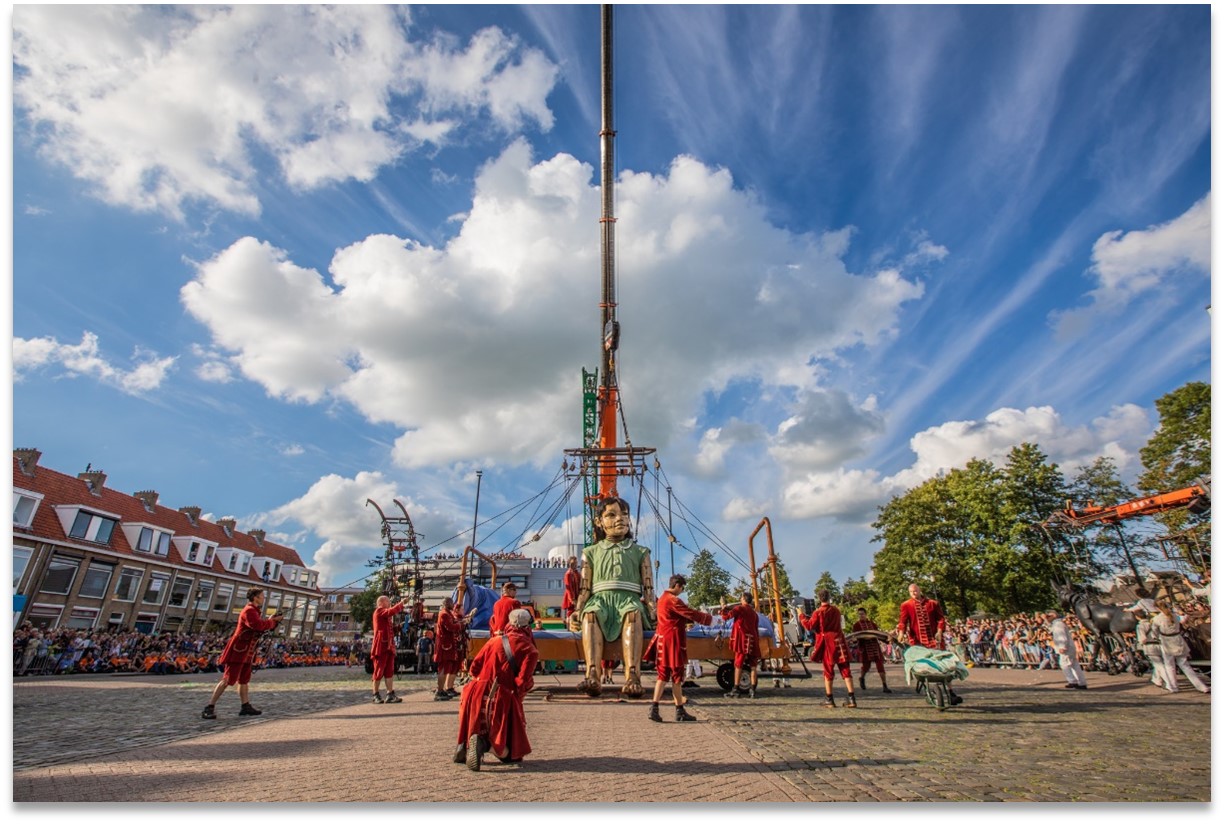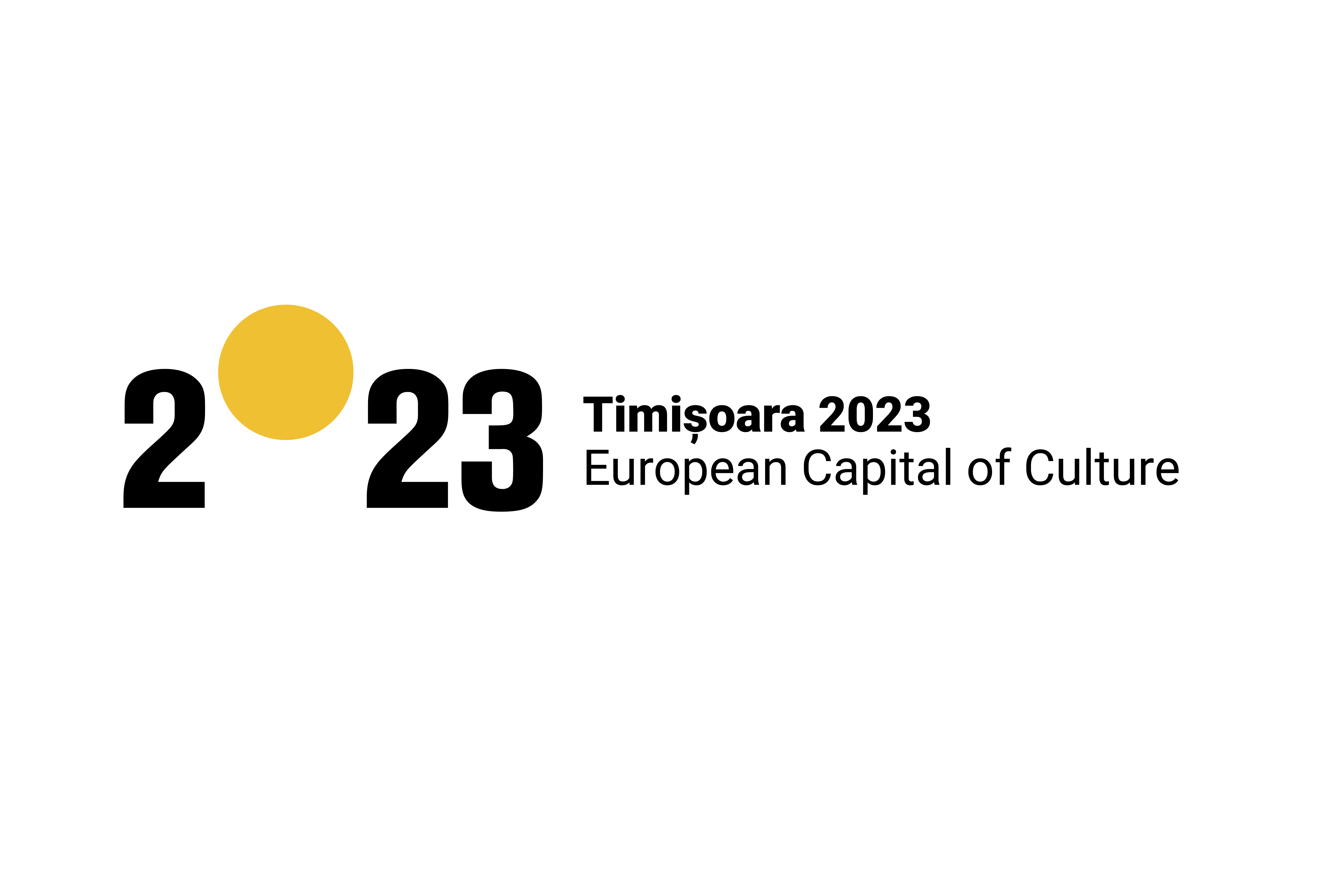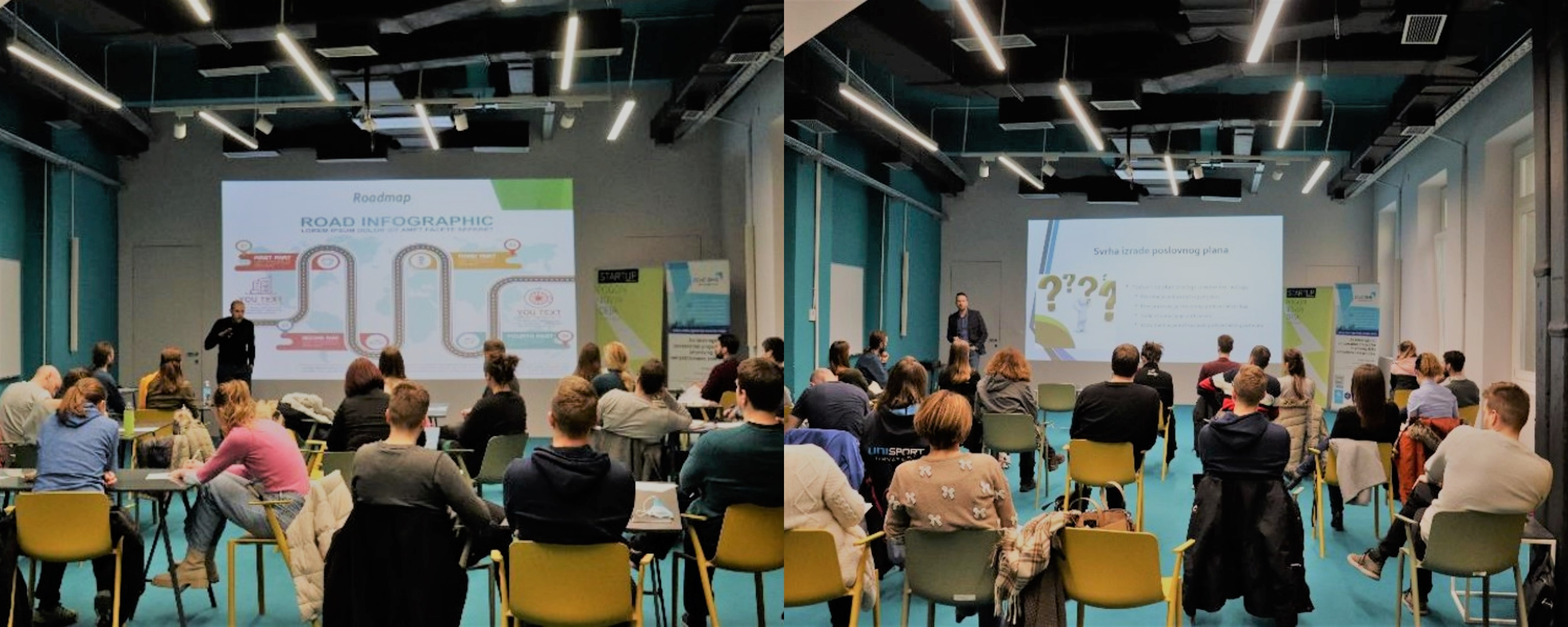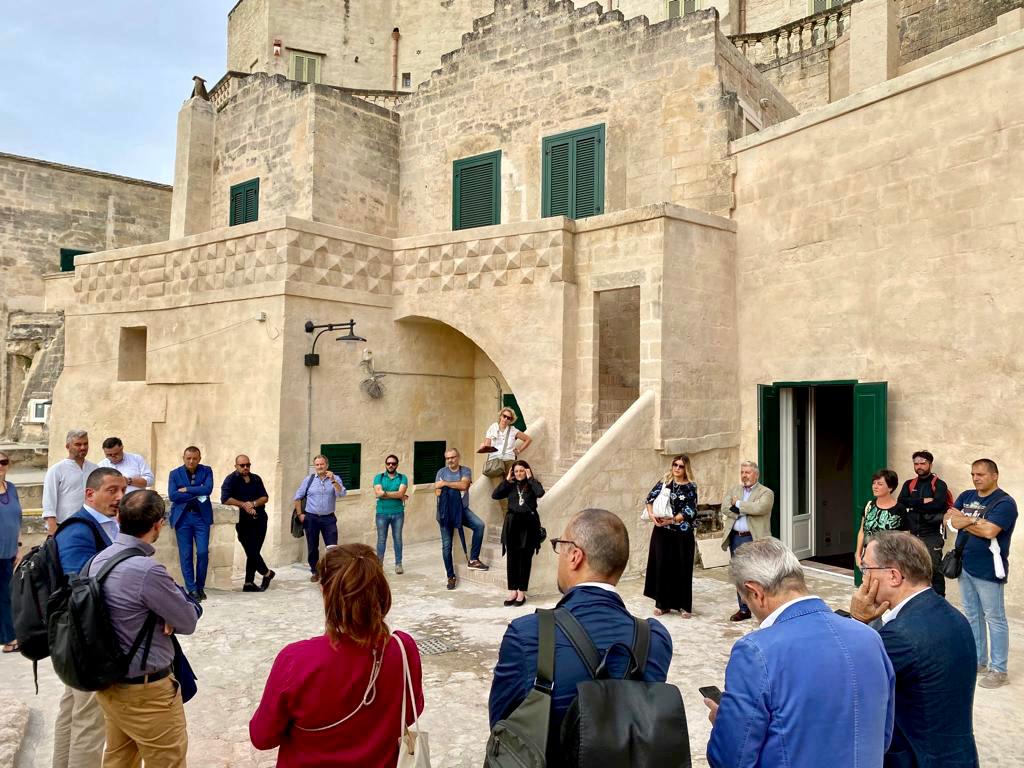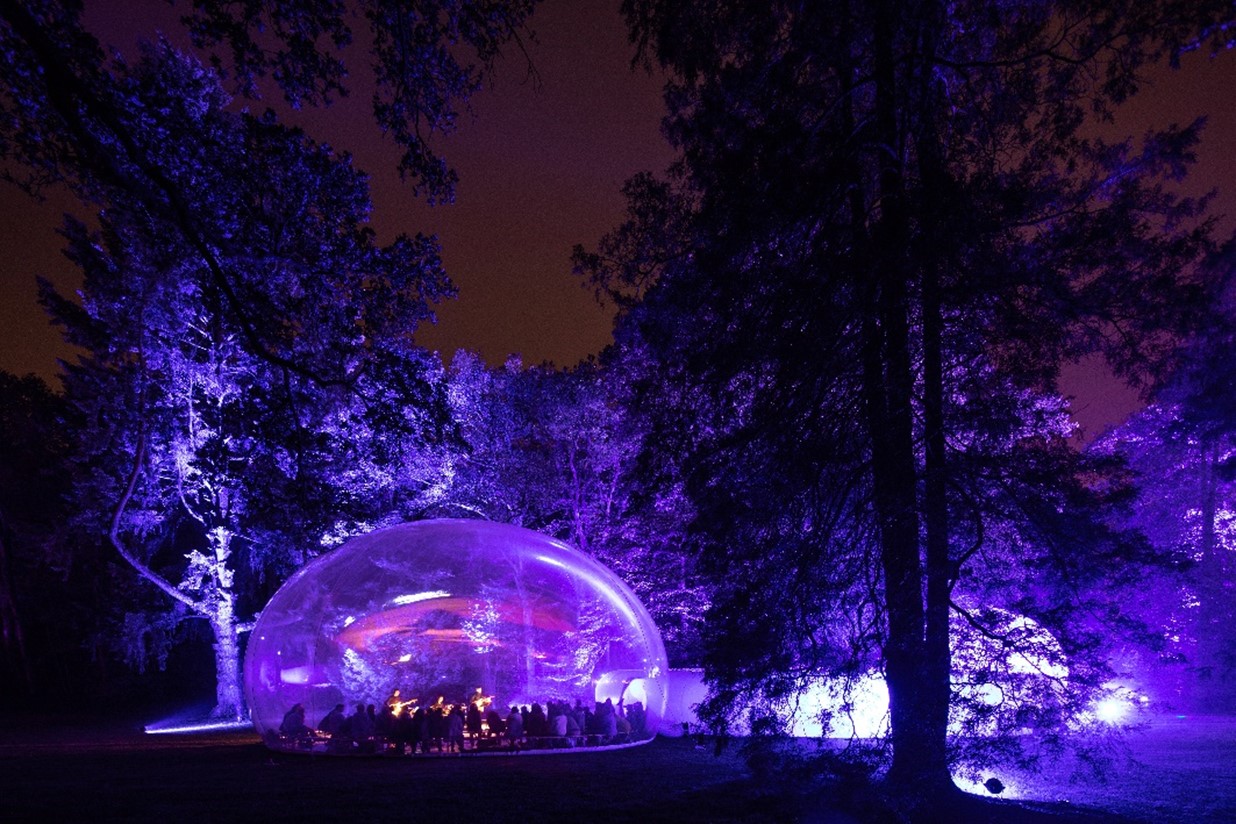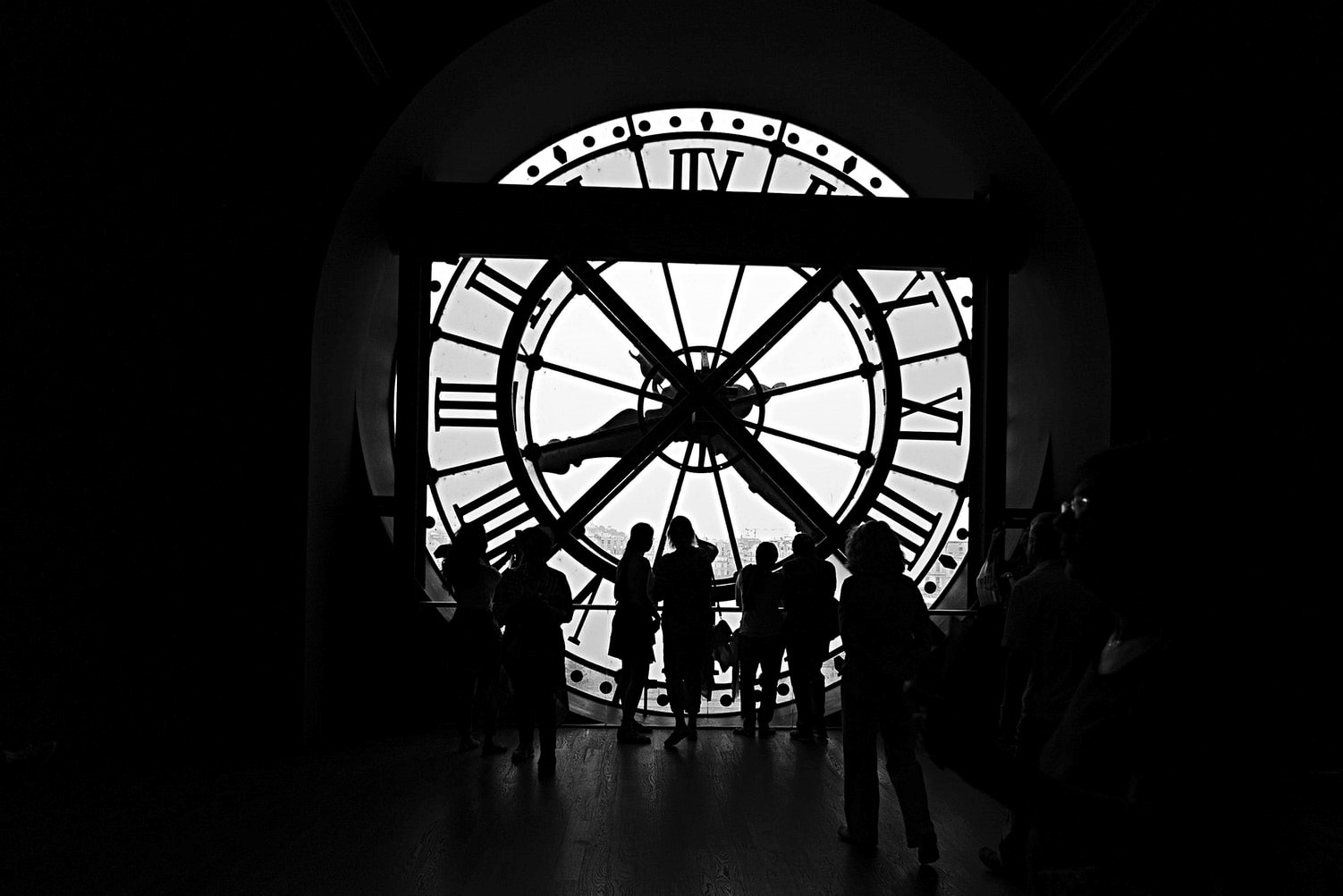The aim of ECoC-SME project is to utilise the European Capital of Culture (ECoC) title to trigger, strengthen and diversify local entrepreneurship through cross-sectoral and interregional cooperation. This is even more crucial in times of the ‘new normal’, as a three-tiered legislative support are being introduced to SMEs and CCI, and regions are investigating new means of facilitating cross-sectoral cooperation between these two industries.
An article on MOJARIJEKA shreds some light into the potential of ECoC for the economy of Rijeka 2020, and what the next phase of ECoC-SME project entails.
"Through the EU project ECoC-SME to better support Rijeka's creative industries
The EU project ECoC-SME brought together former, current and future capitals of culture in activities aimed at taking advantage of this prestigious title. The project directly links the potential of the ECoC events with the opportunities for the development of the local economy in the sector of small and medium enterprises (SMEs), especially in the field of cultural and creative industries (CCI). Rijeka, Timisoara, Matera, Leeuwarden and Kaunas since August 2019, when the project started, exchange experiences and organize events in order to disseminate the results with future capitals and candidate cities.
The total value of ECoC-SME is € 1,163,171.00, and the project is co-financed from the Interreg Europe programme in the amount of € 971,936.85.
Economic potential of ECoC events
In regular circumstances, local project activities focused on the high social and economic potential of the ECoC event and its ability to mobilise entrepreneurship and innovation, based on the visibility of the city of Rijeka on the cultural map of Europe and enhanced tourism. Both moments undoubtedly opened up opportunities for the integration of entrepreneurs in the implementation of the programme and the provision of logistics - from content creation to hospitality and offering local products and services. The COVID-19 pandemic turned that focus and put the question at the heart of the project: how to support the cultural and creative industries in a pandemic, which is one of the most affected industries in the 'new normal'.
Infrastructure projects
In this regard, at the online open seminar, held in June 2020, the head of the City Department of Culture of the City of Rijeka Ivan Šarar was a guest and presented the situation in Rijeka, in the year of the European Capital of Culture marked by a pandemic, to representatives of project partners and other project stakeholders. In his speech, Mr. Šarar placed the greatest emphasis on infrastructure projects that remain a solid legacy of ECoC activities: MMSU, Museum of the City of Rijeka, Children's House, City Library as components of the Benčić complex, and the renovation and repurpose of the ship Galeb for cultural and tourist function.
In the synergy of past, present and future capitals of culture, the next step is to develop an Action Plan to support CCI and related industries in the COVID- and post-COVID era. The plan, which will define actions at the local level, will be the result of exchanging examples of good practice of project partners, as well as the conclusions of participatory and other events held within the ECoC-SME project, taking into account strategic guidelines for the development of the city of Rijeka and its implementation capacities. It is certain that this Interreg project will bring, in the form of outcomes, new policies, measures and conclusions that will be practically applicable in the development and support of CCI at the transnational level, but also help future capitals of culture to create their programmes in collaboration with the SME sector, which will make the economic potential of the ECoC mega-event much stronger."
